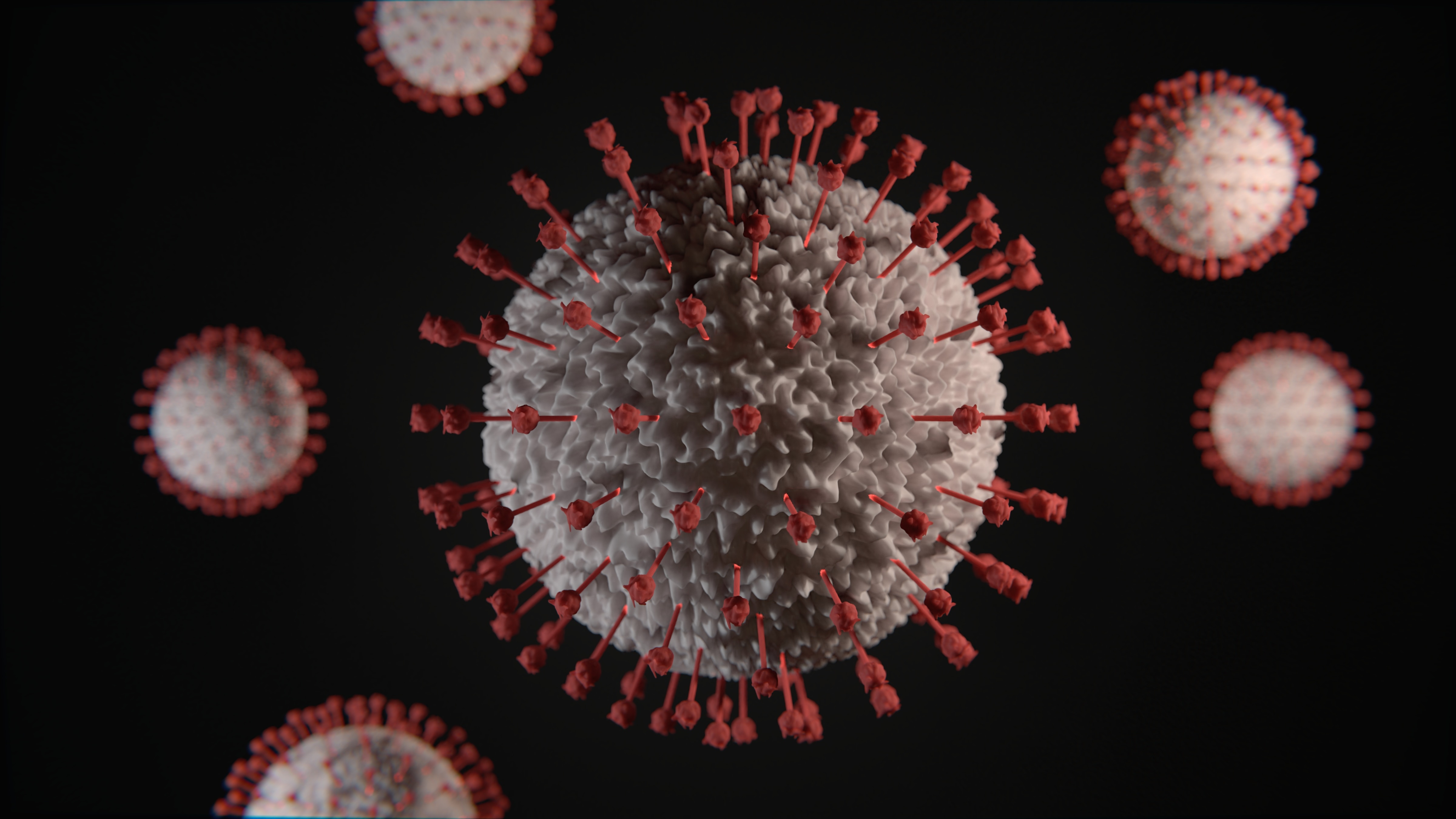News release
From:
COVID-19: Gut fungi associated with severe COVID-19 (N&V)
Gut mycobiota may contribute to the excessive inflammatory immune response of severe COVID-19, a study published in Nature Immunology suggests. These observations could have implications regarding the potential therapeutic value of antifungal treatment during severe COVID-19.
Previous research has shown that individuals with COVID-19 are more prone to altered gut microbial composition and gut barrier dysfunction, which could increase the movement of bacterial products and toxins into the blood and exacerbate the inflammatory response. The fungal microbiota has been shown to activate immune responses, but research into the effect of intestinal fungi on host immunity in COVID-19 has been limited.
Iliyan Iliev and colleagues examined the gut mycobiota (the fungal microbiota) of 91 individuals with COVID-19 from 3 US cohorts recruited during the first wave of SARS-CoV-2 infections. Of these, 66 were classified as having severe COVID-19, and 25 had moderate COVID-19. The data were compared to 36 individuals who had never been exposed to COVID-19. The authors found increased levels of antibodies to gut fungi, but not lung or skin fungi, in individuals with severe COVID-19. However, this was not observed in those with a more moderate form of the disease. The levels of antibodies to fungi correlated with an increase in the biomass of Candida albicans in the intestine and increased frequency of neutrophils — a type of immune cell associated with antifungal responses — in the blood of individuals with severe COVID-19. In addition, the stem cells that give rise to neutrophils, were primed to respond to fungi up to a year after disease recovery the authors note. In mice colonized with C. albicans strains isolated from individuals with severe COVID-19, neutrophil infiltration and activation in the lungs after infection with SARS-CoV-2 was partially resolved by antifungal treatment or by the blockade of the inflammatory mediator IL-6.
The authors suggest that fungal antigens may enter the circulation through the compromised gut barrier and potentially amplify the inflammatory response in individuals with severe COVID-19.



 International
International



